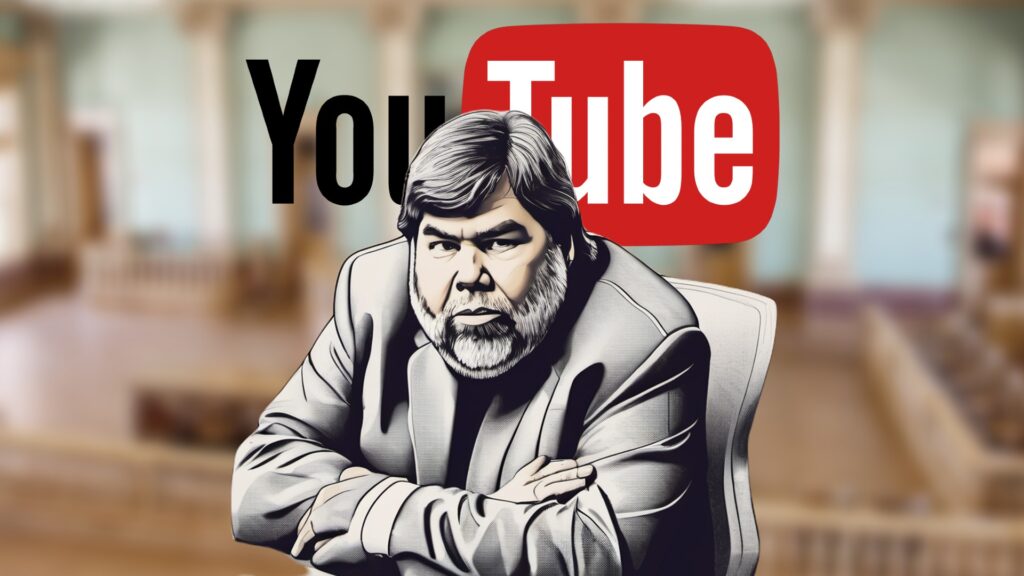
Apple co-founder Steve Wozniak sued YouTube and Google asserting various causes of action, including misappropriation of likeness, fraud, and negligence. The case arose from a common scam on YouTube, where popular channels are hijacked to show fake videos of a celebrity hosting a live event during which viewers are falsely told that anyone who sends cryptocurrency to a specified account will receive twice as much in return. Woz’s YouTube account was hijacked for these purposes, and several of the resulting victims joined him in the lawsuit.
The lower court tossed the case, holding that YouTube and Google were not liable because of Section 230 – which provides that the platforms could not be liable for the third party content giving rise to the scam. Woz and the other defendants sought review with the California Court of Appeal, which largely agreed with the lower court on the Section 230 issue, except for one part. The court allowed plaintiffs to file an amended complaint on this one issue.
Plaintiffs claimed that Google and YouTube contributed to scam ads and videos, thereby positioning defendants outside Section 230 immunity. They argued, among other things, that YouTube displayed false verification badges, thereby becoming active content providers contributing to the scam’s fraudulent nature.
The court found that although plaintiffs’ complaint suggested that defendants’ actions could strip them of Section 230 immunity by implying a level of endorsement or authenticity, the allegations were too conclusory as written to establish defendants as information content providers. So the court allowed for the possibility of amending these claims, indicating that a more detailed argument might better establish defendants’ direct contribution to the content’s illegality.
Wozniak v. YouTube, LLC, — Cal.Rptr.3d —, 2024 WL 1151750 (Cal.App. 6th Dist., March 15, 2024)
See also:
- Court sides with Apple in copyright dispute over photo in iPhone commercial
- No Section 230 immunity for healthcare software provider
- Google and YouTube protected by Section 230
